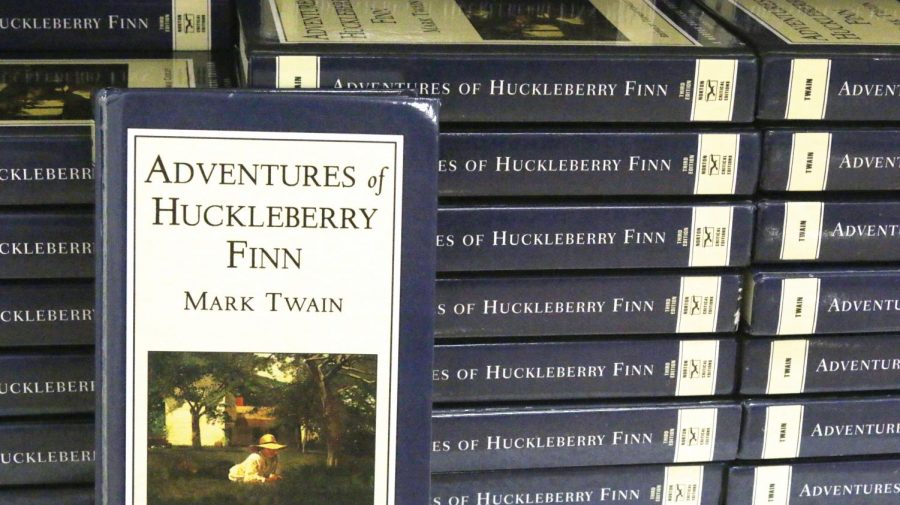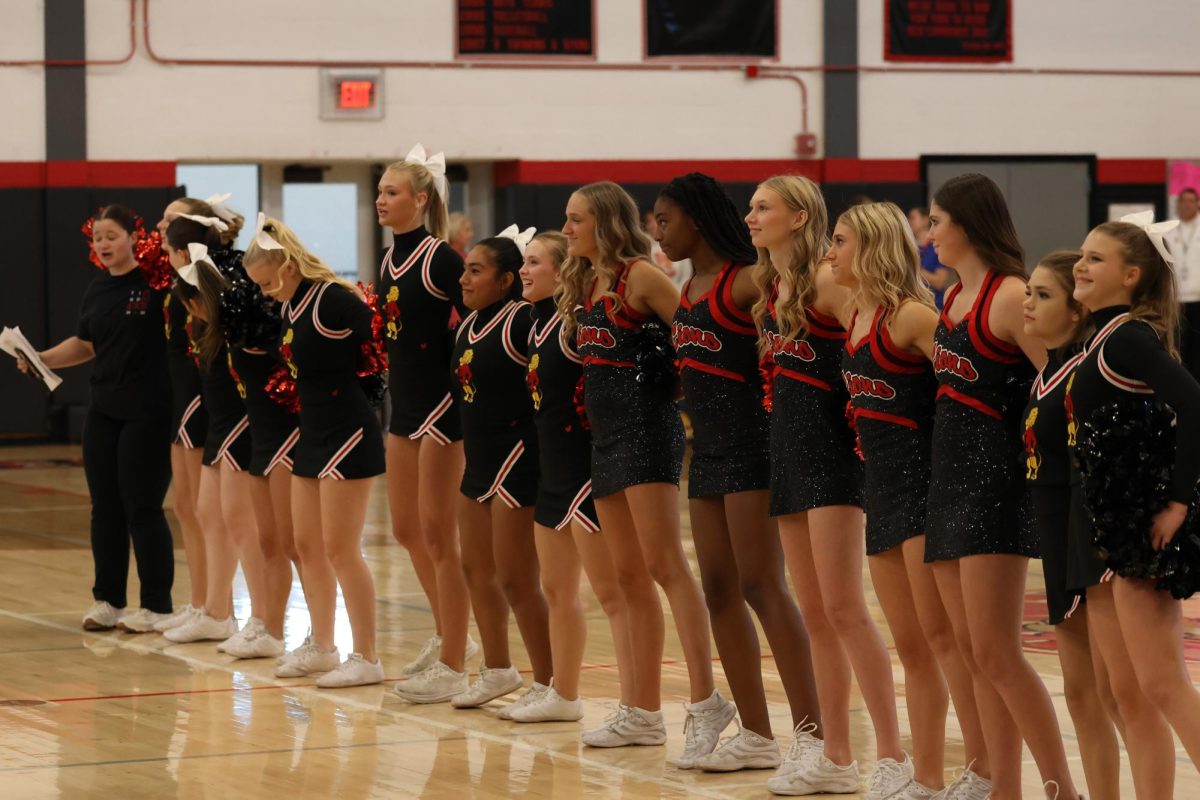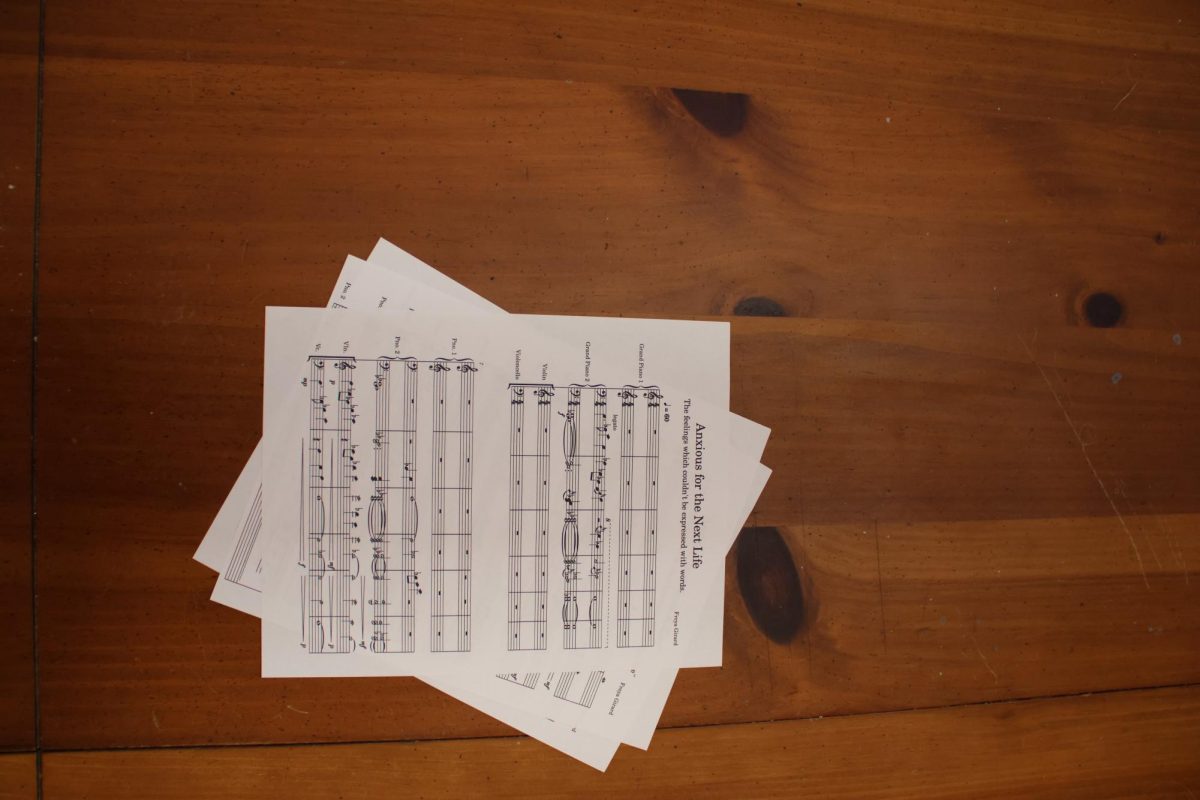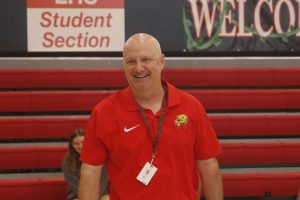Classic Novel Challenged
Status of classic Mark Twain novel as required novel being challenged
October 19, 2017
The teaching of The Adventures of Huckleberry Finn has been removed as required reading in junior English classes pending a review of the novel.
The debate over the Mark Twain classic began last spring when several staff members questioned the cultural sensitivities of the book. Specifically, it includes 219 uses of the N-slur.
“I have worked with students that have left the classroom upset and wanting to opt out and not wanting to read the book,” Can We Talk sponsor and social worker Lynisha Thomas said.
This led some to voice the opinion that the novel should be removed from the curriculum. English teachers have defended the inclusion of The Adventures of Huckleberry Finn in the curriculum, because they say the work is a part of history, and students learn that context is important for understanding the purpose of the book and why it is so controversial.
“Mark Twain wrote it as a social critique of people who were still behaving in racist ways,” English teacher Shannon Carriger said.
The historical importance of the novel ties to Twain’s role as the father of American literature, and the uniqueness of the content and commentary.
“It shouldn’t be censored, because that’s censoring history,” senior Brian Camarena said. “You shouldn’t censor history. You should learn from it.”
Thomas said the novel can alienate students of color, causing them to be disconnected to the class and their teacher. The book, she said, isn’t the best or only way to teach students about racism.
“What they’re trying to teach with that book can be taught with many books that don’t use the N-word 219 times,” Thomas said. “We’ve heard this story before, and at some point at a high school level you would expect to be challenged at another level.”
Carriger said the novel was being respectfully and equitably taught. However, in response to continued arguments and growing concerns over the nature of the content, the district has removed the book from the curriculum until further notice. The district has agreed to review the resources and methods used in the teaching of the book, and determine if it was being taught properly in the classroom environment.
This analysis of the content may result in a changes to the curriculum, or could result in removal of the book altogether. Some think that the time is overdue for a change in the books taught in the curriculum.
“I thought we wanted to empower the students, I thought we wanted them to be better lifelong learners,” Thomas said. “I don’t think doing more of the same is going to do that.”
Those challenging the book’s place in English class believe that students’ feelings should always be taken into account before the potential merits of teaching the material are considered.
“If it does harm to even one student, it’s worth challenging,” special education teacher Ameshia Tubbs said.
Carriger acknowledged the challenging nature of teaching the book but said teachers worked hard to take students feelings into account.
“You have to have really hard conversations to teach this book,” Carriger said. “You have to be willing to say; ‘Hey, if we’re having a hard time today, we just have to stop and talk about how this is making us feel.’”
The novel is taught with the belief that the students are mature and strong enough to understand the controversial content they read, and the teachers trust the students and themselves to be respectful with the discussions had on the subject.
“You have to stop sugar-coating things at some point, and maybe high schools has to be the point where you have to see the real thing, and just know reality,” senior Kazeo Abdulqader said.
If one of the goals of teaching Huck Finn is to help students understand racism, Thomas said students already get it, and asks teachers not to underestimate students in their ability to comprehend Twain’s critique, without having to read the novel and its 219 N-slurs.
“I think the students get it, and I think continuing to teach it is kind of a mute point,” Thomas said. “We need to evolve, and teach something new, and empower our students.”















